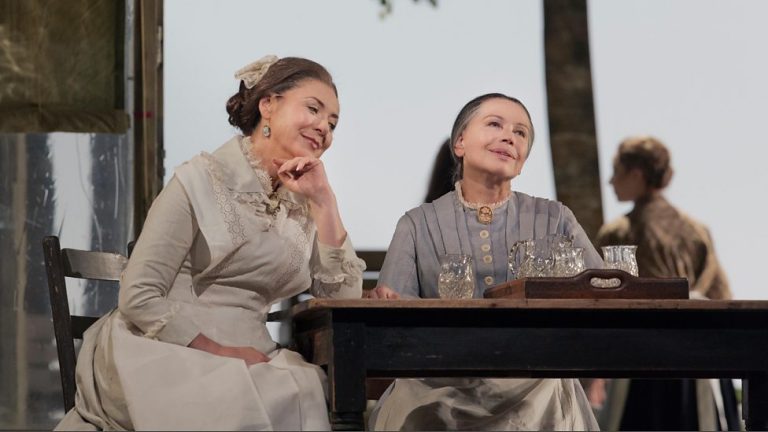
What’s a Good Man?
In the opening scene of Eugene Onegin, Madame Larina, Tatiana’s mother, reflects wistfully on her youth and exclaims: ‘Ah, how I loved Richardson! Ah, Grandison! Not that I ever read it.’ The fact that Tchaikovsky could expect a Petersburg audience in 1877 to pick up the reference, shows the status of Samuel Richardson’s famously long-winded novel Sir Richard Grandison, now out in a brand new 3000 pp. (!) edition. In a spirited review, Norma Clarke admits that the work is full of ‘interminable stupor-inducing exchanges’, yet insists that it has abiding worth. Jane Austen loved it and assimilated it, which is something. But what really strikes one is Clarke’s account of Richardson’s purpose in writing: ‘Was it possible to interest readers in a man who embodied Christian virtue? What would a good man be like?’ These questions are fundamental to the fiction of, say, Marilynne Robinson and Wendell Berry. One can only hope they will continue to draw forth literary creativity in an age for which the prolixity of Grandison is just too much.
